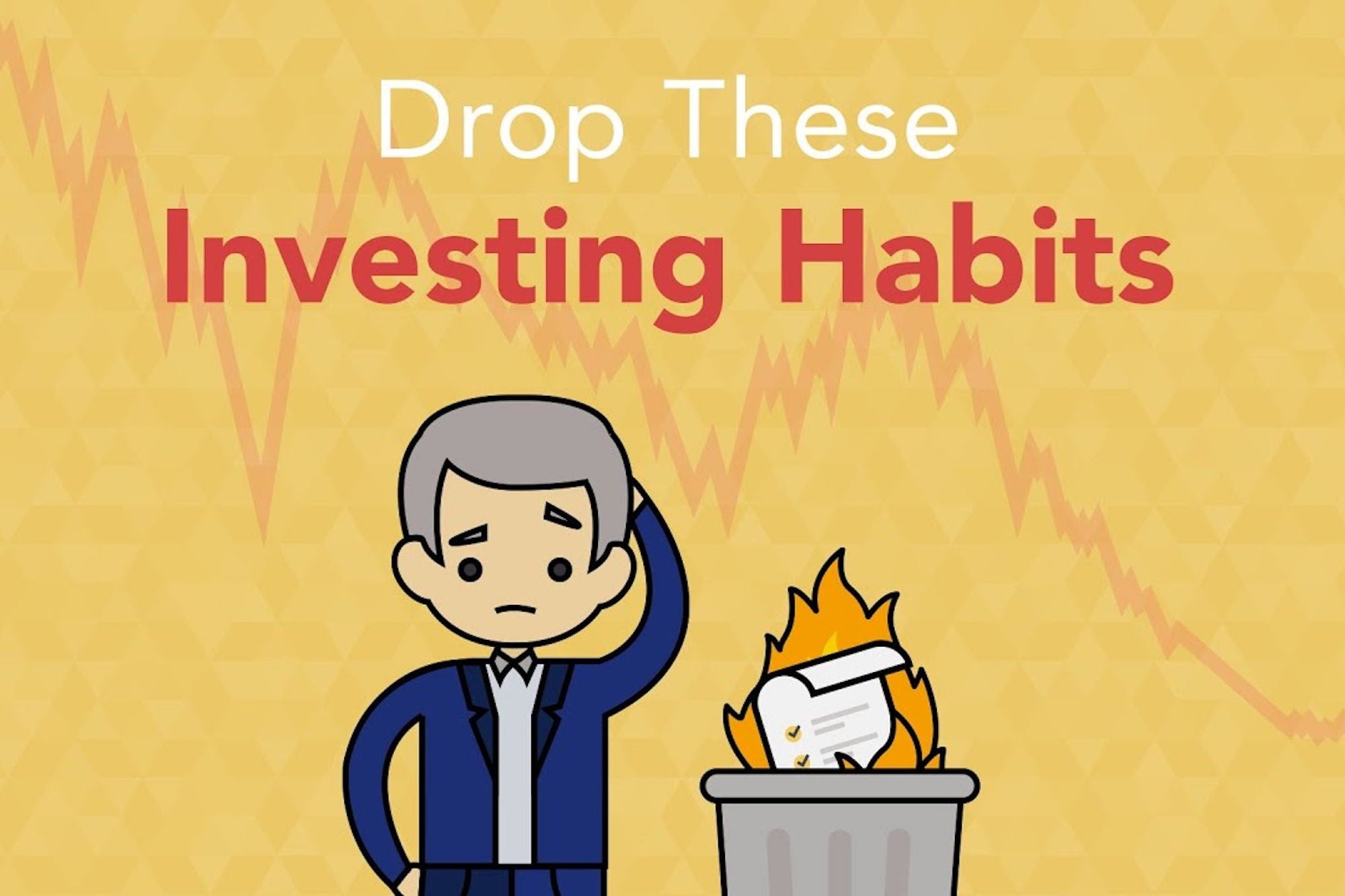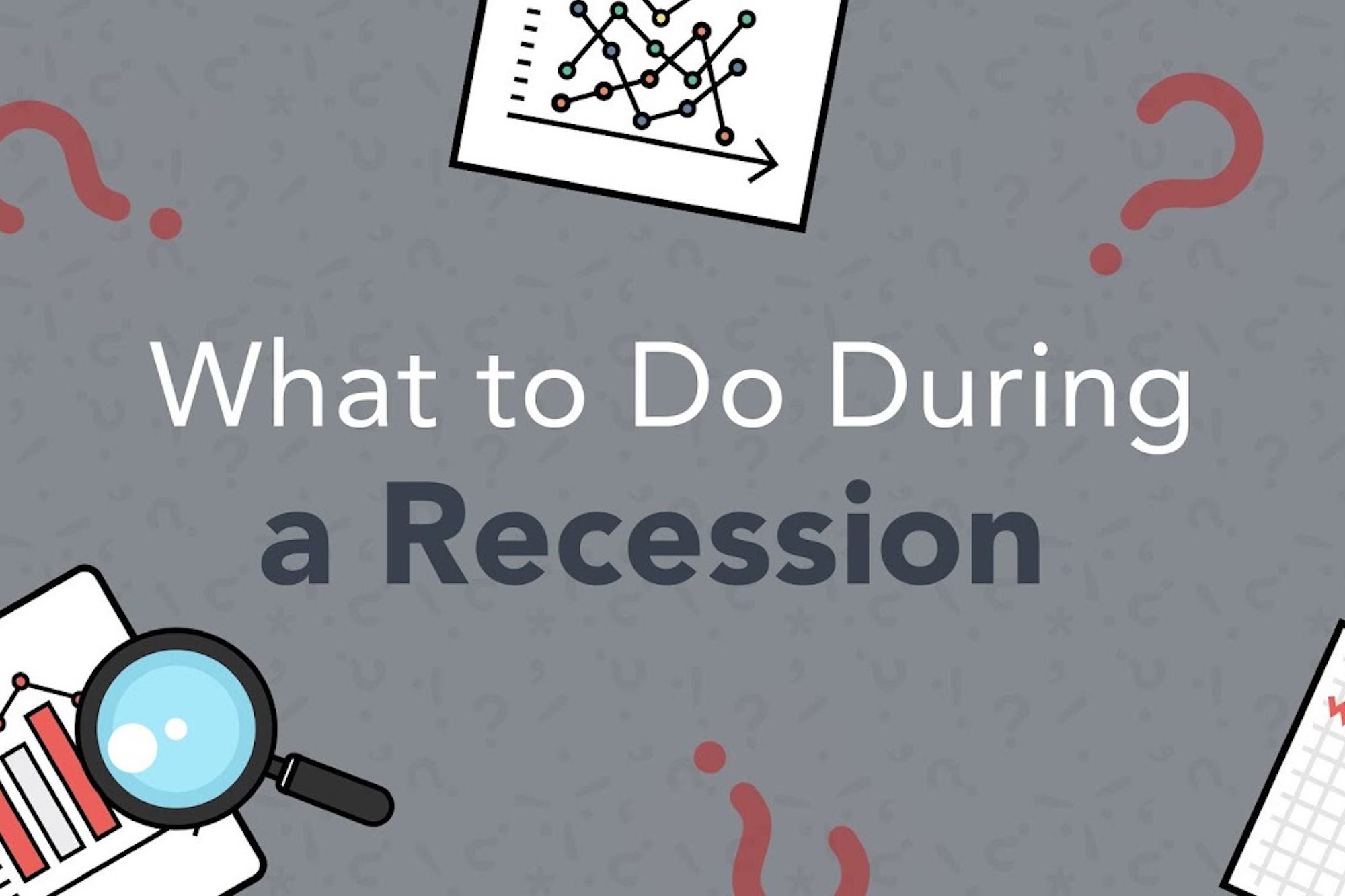What 'Earnings Per Share' Really Means for Your Investments The helpful calculation can also require some critical analysis.
By Phil Town
Opinions expressed by Entrepreneur contributors are their own.
As many investors know, one of the basics of investing involves the measurement of "earnings per share." The basic formula for EPS is as follows: net income divided by average outstanding shares.
In this video, Entrepreneur Network partner Phil Town breaks down how EPS is an especially helpful indicator of a company's growth. Often EPS is a good metric to give individuals an idea of how well their investments are doing.
Big company owners can benefit from looking at total sales since they have a larger stake in the company. But for the average investor, there is often more to decipher than just the face value of total sales. Town explains companies can hide aspects of their profitabilty behind total earnings -- including cases of buying back stocks or deluding stocks.
To get a true idea of a company's value, look at the value of a company's stock over time compared to cash flow. As long as you are looking past just the company's stated value, you will get a truer picture of your investments.
Click the video to learn more about EPS.
Related: Looking for a Lucrative Side Hustle? Try Investing.
Entrepreneur Network is a premium video network providing entertainment, ewitducation and inspiration from successful entrepreneurs and thought leaders. We provide expertise and opportunities to accelerate brand growth and effectively monetize video and audio content distributed across all digital platforms for the business genre.
EN is partnered with hundreds of top YouTube channels in the business vertical. Watch video from our network partners on demand on Roku, Apple TV and the Entrepreneur App available on iOS and Android devices.
Click here to become a part of this growing video network.















